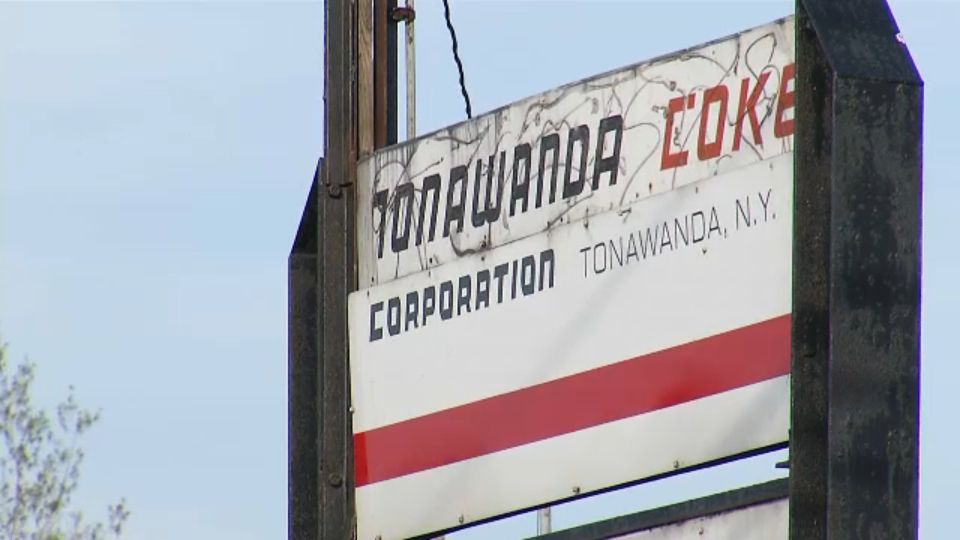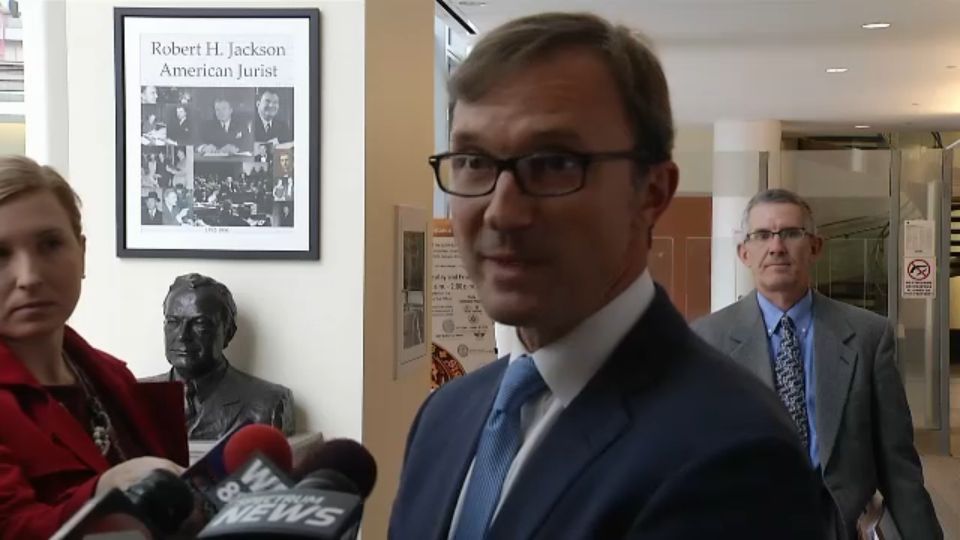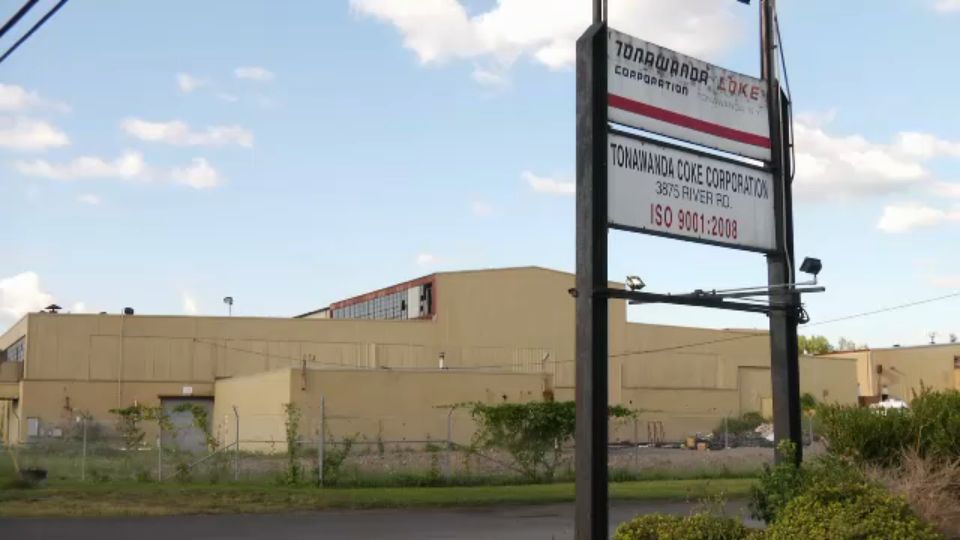Tonawanda Coke has requested a stay on its final community service payment from its criminal sentencing in 2014, a $2 million payment that was due Monday.
The U.S. Attorney's Office said the company filed the motion Friday to delay that payment until the conclusion of its hearing with the Department of Environmental Conservation, set to begin Wednesday.
In the filing, Tonawanda Coke said it unexpectedly learned it would not be able to obtain a loan to make the payment, claiming that lenders were unwilling to provide funds to the company due to the uncertainty of whether it will be able to continue to operate.
The U.S. Attorney's Office argues the company has known the due date for years and should have been prepared.
The DEC ordered Tonawanda Coke to immediately cease and desist operations back on July 20, saying the company’s operations "show a blatant disregard for the environment and the health and welfare of the surrounding community."
Tonawanda Coke filed an appeal and, as a result, will have the hearing.
The DEC has stated its intent to revoke the company's Title V and Air State Facility Permits, which are required for the company to continue operations.
Ahead of the hearing, environmental advocacy group Citizen Science Community Resources hosted a meeting for residents Monday night.
Founder Jackie James-Creedon encouraged people to show up to the hearing in opposition of Tonawanda Coke.
"They can also write letters to the assistant commissioner of the New York State DEC and we'll have the information on our Facebook page," James-Creedon said.
Creedon also brought in research scientist Dr. Jessica Castner for a question and answer session.
Castner said she has been taking readings from Tonawanda Coke's Grand Island Boulevard monitoring station.
While the station can't isolate what's coming from Tonawanda Coke, she said what she has observed is PM2.5, or small particulates.
"They are small enough when you inhale them that they can potentially go into the bloodstream and cause multiple health effects both to the tissue that's exposed; the eyes, the ears, the nose, the lungs as well as when it gets in, it increases your risk for stroke and heart attack," Castner said.
Dr. Castner said she first became interested in Tonawanda Coke about eight years ago when she was teaching nursing at D'Youville.
She noticed instances of asthma that were not responsive to treatment and a lot of people not recovering in a timely manner from respiratory infections.
"A lot of what I saw clinically coming into whether it was where my students were practicing or learning to practice or where I was clinically practicing, you really saw a difference when people left the area, whether it was on vacation or it took a break," Castner said.










